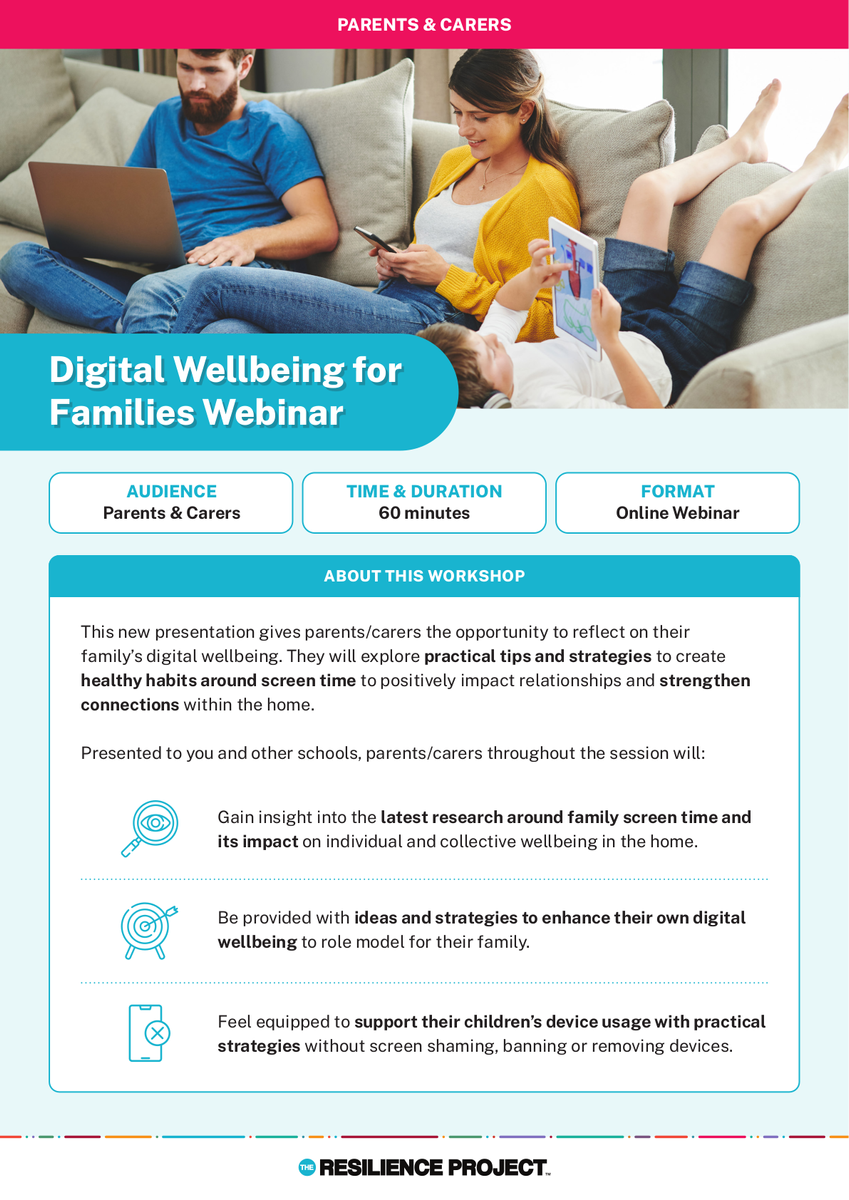Wellbeing
Running club - exercise is good for the body and the mind!

Wellbeing
Running club - exercise is good for the body and the mind!
BBPS is Cyber Aware in Term 2
Students in grades 3-6 will be participating in a series of learning experiences focussed on building an understanding of
See below for the details of our two parent webinars, offered in support of our cybersafety curriculum.




April is Autism Awareness Month (April 2, World Autism Awareness Day), dedicated to increasing understanding and acceptance of autism spectrum disorder (ASD). It's essential for parents to educate themselves about autism to better support children with this disposition, and also to support children to further understand their neurodiverse peers.
What is Autism?: Autism is a neurodevelopmental disorder characterised by challenges in social communication and behaviour. Each individual with autism is unique, with a wide range of strengths and abilities. At BBPS, we focus on strengths, and some times refer to these as a child’s ‘superpower’.
Building Parent Understanding: Parents can start by learning about the characteristics and challenges associated with autism. Each child is different, and so speaking to their parent about a child’s specific sensory sensitivities, communication differences, and repetitive behaviours can help create a supportive environment for children with autism.
This week Calm at the Forefront facilitated a conversation focussed on neurodiversity with our students. We applaud our students for their openness, honesty and empathy whilst our engaging presenters gave insightful information and students also gave their understanding and shared personal stories. Conversations centred around how neurodiverse brains work and how we can all be 'Brain Allies' through the way we act and think each day. Please take the opportunity in the next couple of days to ask your child what their take aways were from the session as we continue to celebrate diversity at BBPS.
Tips for Talking to Your Child about Autism:
1. Use Simple Language: Explain autism in age-appropriate language, focusing on the differences in how people think and communicate based on how our brains work. Emphasise that everyone is unique and deserves understanding.
2. Highlight Strengths: Encourage your child to recognise the strengths and talents of their neurodiverse peers. Emphasise that diversity enriches our communities and that everyone has something valuable to offer.
3. Practice Empathy: Help your child develop empathy by teaching them to recognise and respect the feelings of others. Encourage kindness and acceptance towards classmates, and the learning journey they may be on.
4. Model Acceptance: Lead by example by demonstrating acceptance and understanding towards individuals with autism and their families. Encourage positive interactions, promoting a culture of inclusivity and empathy.
5. Encourage Questions: Create a safe space for your child to ask questions about autism. Be open and honest in your responses, fostering an ongoing dialogue about diversity and acceptance.
By fostering understanding and empathy, parents can empower their children to build meaningful relationships and create inclusive communities. Let's work together to promote acceptance and celebrate the unique strengths of all individuals at BBPS.
If you're interested in knowing more, go to